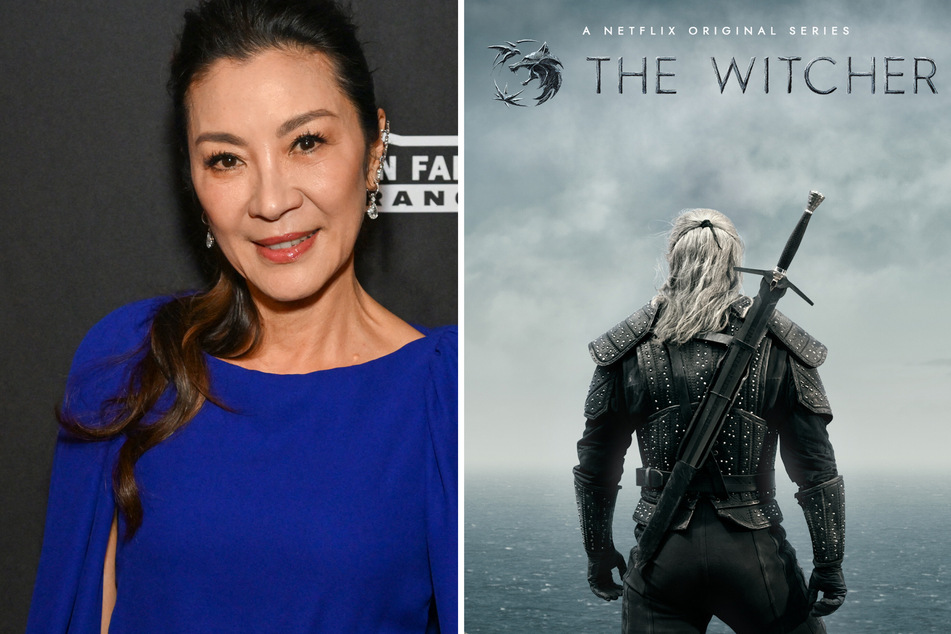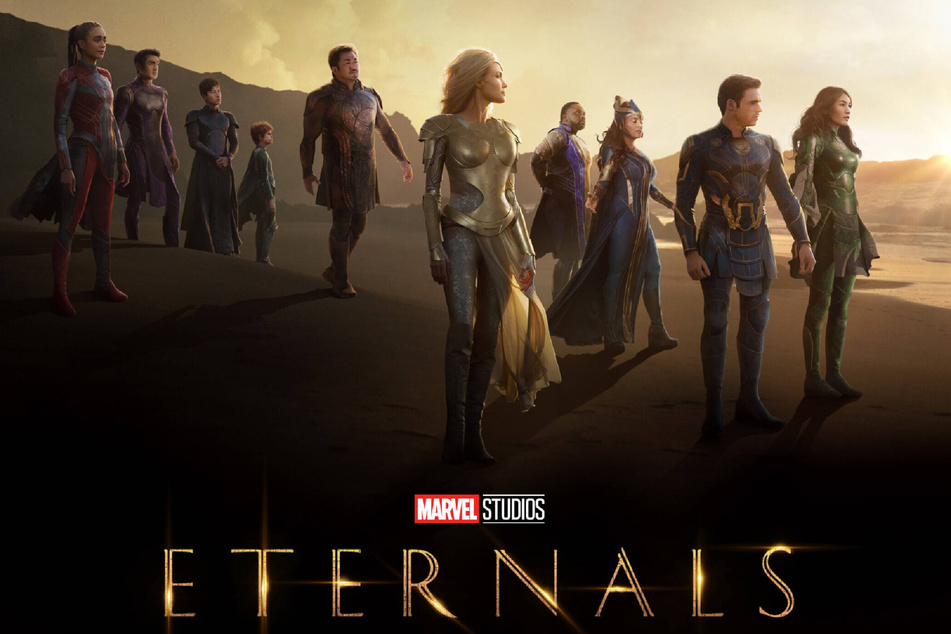The Witcher: Blood Origin gets panned – but what's the real reason?
Los Gatos, California - Netflix's hopes to expand The Witcher into a successful, sprawling franchise may have taken a serious hit following the release of its new prequel show. But why has Blood Origin been so widely panned? The answer goes deeper than fans might think.

The Witcher, based on the fantasy novel of the same name, first premiered on the streaming service in 2019. The series has been a huge hit, but things within the franchise have started to go downhill in the past few months.
In October, fans were shocked after Henry Cavill, who played the lead character Geralt of Rivia, announced his shocking exit from the show. Liam Hemsworth was revealed to be taking over the role in the show's upcoming fourth season.
The choice made many passionate fans feel disillusioned by the TV series, and it seems that the disappointment just keeps coming.
On Sunday, a prequel show titled The Witcher: Blood Origin dropped on Netflix. The four-part limited series is set more than 1,000 years before the original show and focuses on the origins of the first Witcher.
With only a 33% critics score on Rotten Tomatoes, Blood Origin has earned the lowest-ever audience score for a Netflix program on the review site, at just 10%.
So how exactly did a new series with a built-in fanbase – and starring the iconic Michelle Yeoh – go so wrong?
What went wrong with The Witcher: Blood Origin?

The Witcher: Blood Origin has received widespread criticism from both viewers and industry critics alike.
Die-hard fans expressed their disappointment at how much the prequel series diverges from the source material.
"Dear showrunners, for heaven's sake, read the books at least once," one viewer said on Rotten Tomatoes.
Many echoed the sentiment, with others also calling out the show's weak writing and overall lackluster plot.
"The TV equivalent, in a way, of a tangentially-related hyperlink that you end up clicking while reading about something else on Wikipedia," critic Jonathon Wilson wrote.
Despite its impressive cast, it seems that Netflix's swift attempt to cash in on the popularity of The Witcher has backfired.
Yet, the criticism has also been furthered thanks to internet haters, who may have a different motivation.
The Witcher: Blood Origin reviews were likely impacted by unjust review-bombing

In light of the shockingly low audience score on Rotten Tomatoes and other sites, some fans have drawn attention to the very real problem of "review-bombing" – when a movie or show is given negative reviews by fans online before its release in order for it to have a worse review on the internet.
The problem has particularly been noted in the case of shows featuring a diverse ensemble cast.
In one example, Marvel Studios' Eternals was bombarded with one-star reviews on IMDb before it was even released, with many citing the inclusion of its LGBTQ+ characters. Eternals star Kumail Nanjiani tweeted in a since-deleted response, "Looks like we're upsetting the wrong people. Eternals opens November 5th."
There are certainly elements of The Witcher: Blood Origin that warrant criticism, but the influx of one-star and 0% reviews solely calling out a show's increased inclusion of LGBTQ+, female, and BIPOC characters is a significant problem.
With overwhelming negative feedback from both critics and audiences, it's clear that Blood Origin would still be suffering even without review-bombing. However, in the age of the omnipotent internet hater, it's vital to take the full picture into consideration when assessing the merit of audience reviews.
The Witcher is set to return with season three, which will be Cavill's last showing as Geralt, but no release date has been confirmed yet.
Cover photo: collage: Slaven Vlasic / GETTY IMAGES NORTH AMERICA / Getty Images via AFP, IMAGO / Everett Collection

